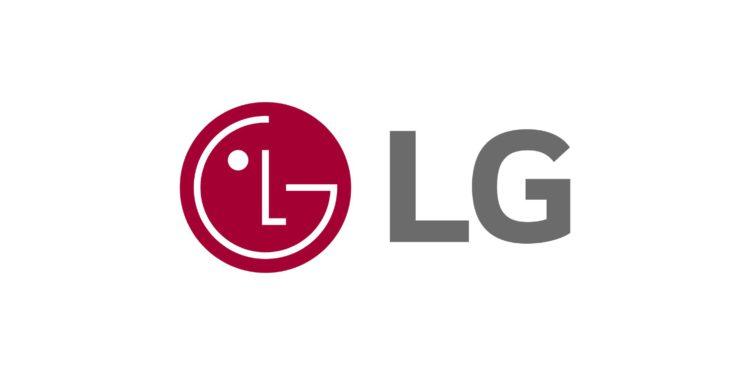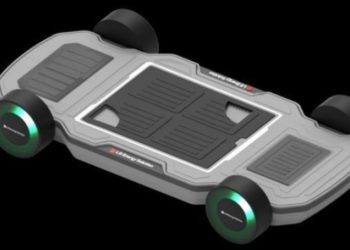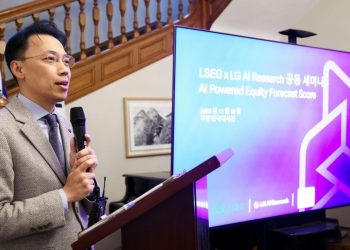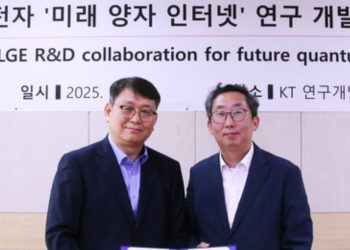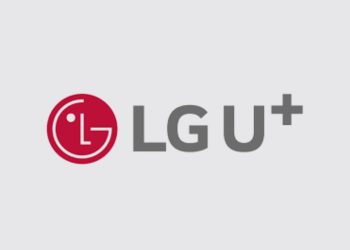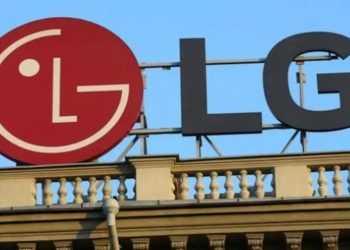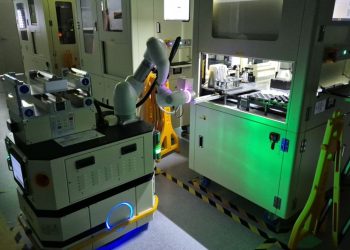LG Energy Solution (LGES), South Korea’s leading battery maker, has secured a five-year supply agreement with the U.S.-based electric vehicle manufacturer Rivian. Under the deal, LGES will supply Rivian with its advanced 4695 cylindrical batteries, totaling 67 gigawatt hours (GWh).
These batteries, produced by LGES’s Arizona-based subsidiary, will power Rivian’s R2 electric SUV lineup. The SUV is set to be an affordable option in the EV market, starting at $45,000. With the supply agreement, LGES plans to expand its footprint in the U.S. market, with the batteries being manufactured locally to support Rivian’s production needs.
LG Energy Solution (LGES) will manufacture the next-generation 4695 cylindrical batteries for Rivian at its Queen Creek, Arizona plant, which is in line with U.S. production requirements for the Inflation Reduction Act (IRA).
These batteries, set to power Rivian’s upcoming R2 electric SUVs, feature a larger design with a 46mm diameter and 95mm height. They are expected to provide superior energy density, longer range, and enhanced safety compared to the current models. The new packs are expected to be lighter, less complex, and cheaper to produce than Rivian’s existing R1 vehicle batteries, assembled using Samsung SDI cells.
The batteries are gaining popularity among global automakers for their high capacity, better energy efficiency, and improved safety features. With the shift to domestic battery production, Rivian aims to meet tax credit requirements and qualify for government subsidies under the IRA, which mandates U.S.-sourced materials for eligible electric vehicles.
Rivian expects the transition to the new 4695 batteries to improve assembly efficiency by up to 45% due to fewer cells needed in the battery pack. The company anticipates a meaningful reduction in cost per kilowatt hour (kWh) compared to the R1 platform, as the new battery’s larger size enables higher energy efficiency.
The deal with Rivian is just one in a series of global contracts LGES has secured, including partnerships with major automotive brands such as Ford and Mercedes-Benz. As the demand for cylindrical batteries continues to rise, LGES can capitalize on the growing market for electric vehicle batteries.
Rivian has confirmed that its R2 electric SUVs will begin production in the first half of 2026, with the new 4695 cylindrical batteries playing a critical role in powering the vehicles. However, the future of electric vehicle manufacturers like Rivian may be uncertain, particularly with political changes in the U.S. Former President Donald Trump has pledged to eliminate current EV subsidies, which could put additional financial strain on companies heavily reliant on government incentives.
This uncertainty comes as the EV market continues to evolve, with new challenges for startups trying to maintain profitability in a competitive and fluctuating market.
Despite facing pressures, LG Energy Solution remains confident in the growing demand for its advanced battery technology. CEO David Kim highlighted that global automakers’ increasing preference for diverse battery form factors marks a key opportunity for the company to expand its presence in the cylindrical battery market.

